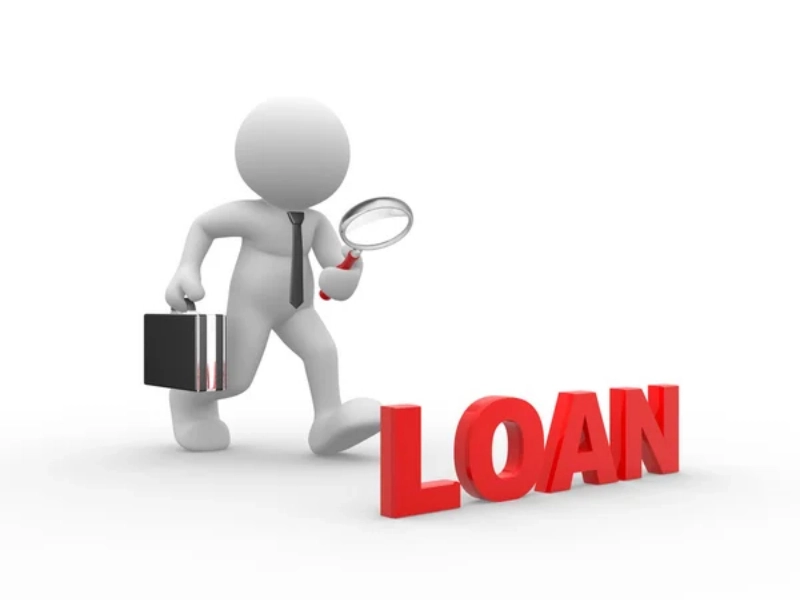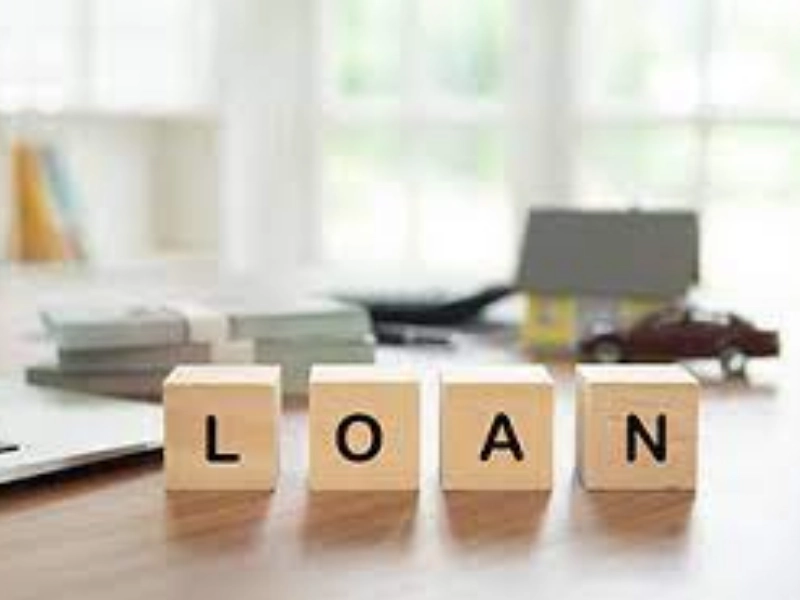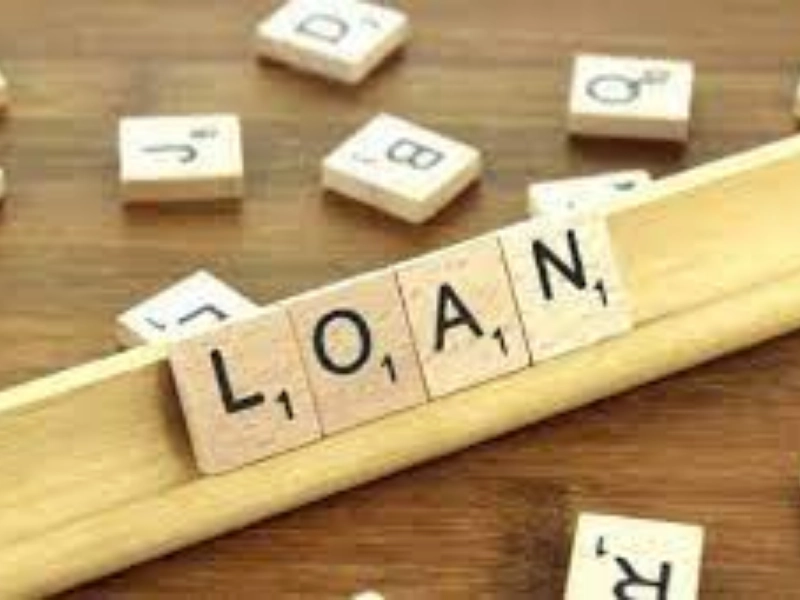More than ever, the mortgage market is complicated. It's critical for prospective homeowners and real estate investors to comprehend their selections so they may select the best loan for their needs. A thorough awareness of the various mortgage types is the first step towards comprehending your alternatives. There are numerous choices to think about, ranging from traditional loans to jumbo loans to government-backed loans.

 Numerous resources are available to you for researching home loan lenders, such as the internet and your neighborhood bank or credit union. An additional way to review lender rates and costs is to visit websites that aggregate mortgage rates.
You may start considering what you might be able to afford after you are aware of your alternatives. Think about savings priorities together with regular monthly expenses like minimum credit card payments and auto payments. It is advised by personal finance gurus to keep your debt-to-income ratio to no more than 28% of your income. In order to potentially improve your affordability, you might also think about applying for a loan with a co-borrower.
Numerous resources are available to you for researching home loan lenders, such as the internet and your neighborhood bank or credit union. An additional way to review lender rates and costs is to visit websites that aggregate mortgage rates.
You may start considering what you might be able to afford after you are aware of your alternatives. Think about savings priorities together with regular monthly expenses like minimum credit card payments and auto payments. It is advised by personal finance gurus to keep your debt-to-income ratio to no more than 28% of your income. In order to potentially improve your affordability, you might also think about applying for a loan with a co-borrower.
 It is critical that both prospective homeowners and mortgage specialists are aware of the many lending options. This will enable customers to make more informed choices about obtaining a mortgage that suits their requirements and financial objectives.
Seek out a lender who is transparent about their mortgage process and has a stellar reputation in the market. It may be cause for concern if you believe a lender is not being open and honest with their clients.
Make sure to inquire about any costs related to the mortgage loan as well. These can swiftly mount up and catch you off guard if you're not ready for them.
It is critical that both prospective homeowners and mortgage specialists are aware of the many lending options. This will enable customers to make more informed choices about obtaining a mortgage that suits their requirements and financial objectives.
Seek out a lender who is transparent about their mortgage process and has a stellar reputation in the market. It may be cause for concern if you believe a lender is not being open and honest with their clients.
Make sure to inquire about any costs related to the mortgage loan as well. These can swiftly mount up and catch you off guard if you're not ready for them.
 You may make sure that you are dealing with a lender who can provide the best loan for your particular circumstances and gain a better understanding of the mortgage process by asking questions. For instance, you should always find out if a lender offers conventional, FHA, or VA mortgages, among other types of house loans.
Additionally, make sure to inquire about any potential fees, such as closing costs. Processing fees paid to lenders at the time of loan closure are known as closing charges. Usually, these consist of origination, appraisal, and legal fees. Additionally, make sure to ascertain whether any of these costs are negotiable.
You may make sure that you are dealing with a lender who can provide the best loan for your particular circumstances and gain a better understanding of the mortgage process by asking questions. For instance, you should always find out if a lender offers conventional, FHA, or VA mortgages, among other types of house loans.
Additionally, make sure to inquire about any potential fees, such as closing costs. Processing fees paid to lenders at the time of loan closure are known as closing charges. Usually, these consist of origination, appraisal, and legal fees. Additionally, make sure to ascertain whether any of these costs are negotiable.
 One of the most crucial documents you will get during the mortgage procedure is a loan estimate. It aids in loan comparison and provides an overview of the important clauses.
General loan details, including the loan amount, interest rate, and principal and interest payments due each month, are explained on the first page. It also specifies whether the debt will be transferred to a third party or maintained by the lender.
The costs of the mortgage, including points, mortgage broker fees, taxes, and other expenses, are covered in detail on the second page. Obtaining quotes from many lenders might help you comprehend these expenses and ultimately save money.
One of the most crucial documents you will get during the mortgage procedure is a loan estimate. It aids in loan comparison and provides an overview of the important clauses.
General loan details, including the loan amount, interest rate, and principal and interest payments due each month, are explained on the first page. It also specifies whether the debt will be transferred to a third party or maintained by the lender.
The costs of the mortgage, including points, mortgage broker fees, taxes, and other expenses, are covered in detail on the second page. Obtaining quotes from many lenders might help you comprehend these expenses and ultimately save money.
 Having your preapproval secured is a crucial first step in the home-buying process. A mortgage loan preapproval is equivalent to the lender giving you the all-clear to apply for a house loan.
Prequalification is a non-formal process that doesn't require any paperwork or credit checks—just a friendly conversation about your financial details. A more detailed assessment of your income and credit history, including the verification of bank records, W-2s, and pay stubs, is required for mortgage preapproval.
Getting preapproved can help you focus your search for a property, expedite the financing process, and demonstrate to sellers your seriousness as a buyer. It also provides you with an estimate of your potential borrowing limit.
Having your preapproval secured is a crucial first step in the home-buying process. A mortgage loan preapproval is equivalent to the lender giving you the all-clear to apply for a house loan.
Prequalification is a non-formal process that doesn't require any paperwork or credit checks—just a friendly conversation about your financial details. A more detailed assessment of your income and credit history, including the verification of bank records, W-2s, and pay stubs, is required for mortgage preapproval.
Getting preapproved can help you focus your search for a property, expedite the financing process, and demonstrate to sellers your seriousness as a buyer. It also provides you with an estimate of your potential borrowing limit.
 When it comes to home loans, there are numerous possibilities. Finding the loan that best suits your needs is all that matters in the end, though.
One of the most important financial decisions you will ever make is purchasing a home. It's crucial to investigate and take your time.
Do not hesitate to compare rates, fees, and closing charges when you are shopping. Additionally, before you go shopping, make sure you are preapproved. This will expedite the process and possibly increase your appeal as a buyer to sellers.
When it comes to home loans, there are numerous possibilities. Finding the loan that best suits your needs is all that matters in the end, though.
One of the most important financial decisions you will ever make is purchasing a home. It's crucial to investigate and take your time.
Do not hesitate to compare rates, fees, and closing charges when you are shopping. Additionally, before you go shopping, make sure you are preapproved. This will expedite the process and possibly increase your appeal as a buyer to sellers.